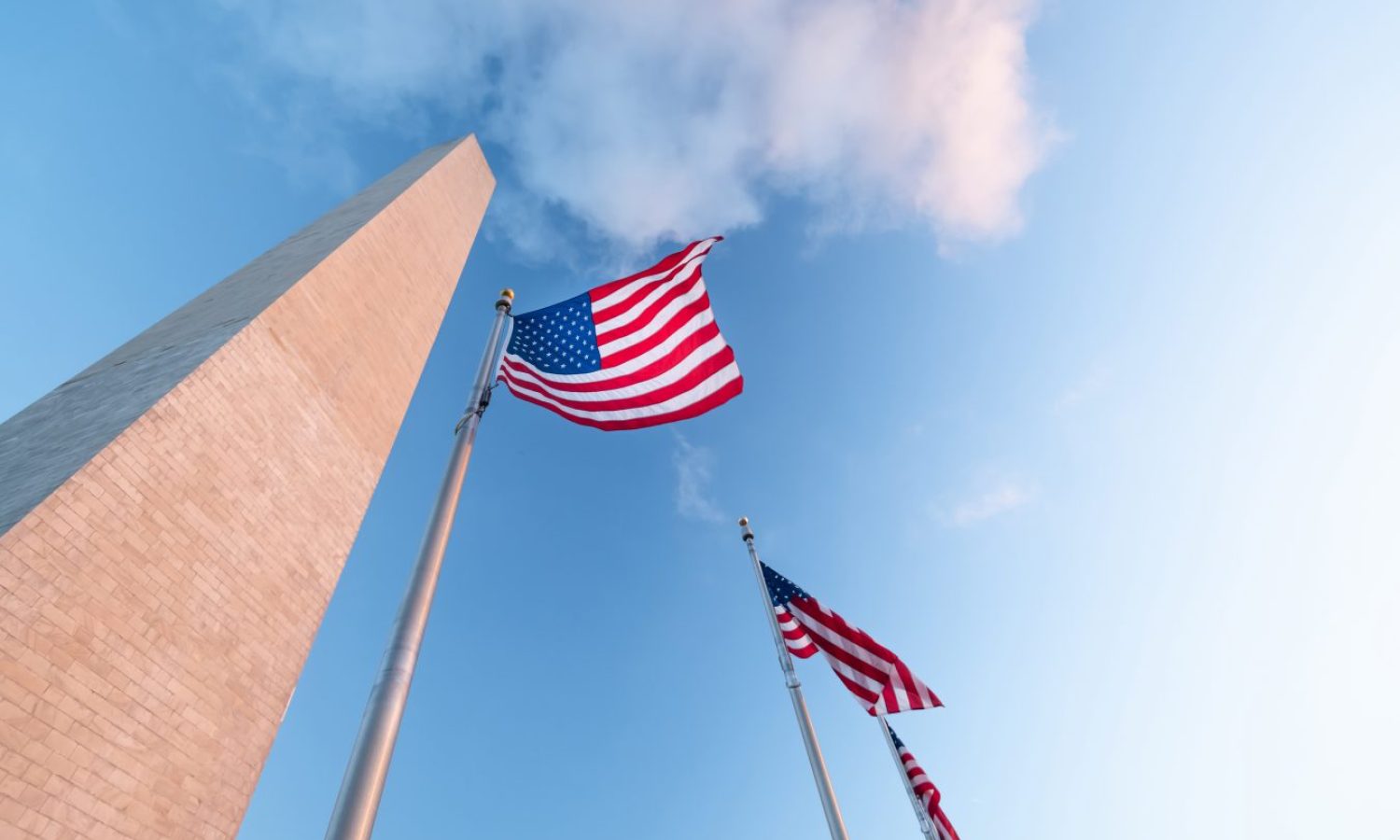i2Coalition Internet Infrastructure Policy Brief: June 2024
Your brief update on important Internet policy issues
OUTLOOK
As the U.S. Presidential election season accelerates this summer, it is unclear how many bills will be advanced by Congress in the limited amount of remaining work days on the legislative calendar. House Republicans face a challenging summer session, given their plans to pass all 12 Fiscal Year 2025 government funding bills before the August recess. The House has passed its version of the annual National Defense Authorization Act (NDAA). After the Senate acts on its version of the NDAA, the two bills will need to be reconciled. The first Presidential debate between the presumptive nominees, Democrat President Biden, and Republican and former President Donald Trump, is slated for June 27 in Atlanta, Georgia. Both candidates’ preparations for the first debate have faced significant distractions, including from separate criminal trial proceedings involving Trump and the President’s son. On May 30, Donald Trump became the first former American president to be convicted of felony crimes, as a New York state court jury found him guilty of charges in a scheme to illegally influence the 2016 election through a hush money payment to an adult film actor. On June 11, President Biden’s son Hunter Biden was found guilty by a jury in a federal court in Delaware on felony charges related to his purchase of a weapon in 2018, where prosecutors argued that he had lied about illegal drug use on a mandatory gun-purchase form. Political activities will ramp up more in July and August, with the Republican National Convention taking place in Milwaukee, Wisconsin, from July 15 to July 18. On July 24, Israel’s Prime Minister Benjamin Netanyahu will visit Washington to speak before a joint session of the U.S. Congress. From August 19-22, the Democratic National Convention will be held in Chicago, Illinois.
TECH POLICY PRIORITIES
Section 230/Intermediary Liability/Content Moderation. Stakeholders continued to voice concerns about the proposed legislation from the bipartisan leaders of the House Energy and Commerce Committee to sunset Section 230 of the Communications Act of 1934 by December 31, 2025. A prominent conservative group, the Americans for Tax Reform, published an opinion article that concluded that anyone concerned about free speech should oppose the sunset bill, characterizing it as a hasty and misguided effort to destroy Section 230, the law that has allowed the Internet and political debate to flourish in tandem. New York enacted a new law to ban “addictive feeds” social media algorithms for children under 18 unless their parents give consent, which may be legally challenged.
Federal Privacy. The Chair of the House Energy and Commerce Committee, Cathy McMorris Rodgers, continued efforts in June to advance the American Privacy Rights Act (APRA), and announced that a full committee markup of the bill would be held on June 27. Many industry groups continued to voice concerns about the bill’s private right of action provisions. The bill’s preemption provisions have also created controversy. The Senate Commerce Committee has not yet initiated action on its version of APRA. The Senate did not advance for floor votes the pending children’s online privacy and safety bills (e.g., Kids Online Safety Act (KOSA) and COPPA 2.0).
Copyright/IP. The House Judiciary Subcommittee on Courts, Intellectual Property, and the Internet held a June hearing about the U.S. intellectual property system and the impact on it, and on national security, of litigation financed by third-party investors and foreign entities.
Antitrust/Competition. The FTC and the Justice Department will conduct antitrust investigations of major tech companies in the AI sector, including Microsoft, OpenAI, and Nvidia. The Federal Trade (FTC) submitted its annual report to the Consumer Financial Protection Bureau, detailing its enforcement activities related to the Truth in Lending Act, Consumer Leasing Act, and Electronic Fund Transfer Act in 2023.
Broadband. Numerous legal challenges were filed by major ISPs in several federal courts to overturn the FCC’s 2024 Open Internet order reinstating Title II regulation of broadband Internet access service. Proceedings are underway to determine which federal appeals court will handle the disputes. The court will also have to decide whether the rules will be stayed pending the appeals, as requested by parties challenging the FCC’s action. Senate Commerce Committee Chair Maria Cantwell (D-WA) seeks to bring a national spectrum bill to her committee for a markup, but complex negotiations and ongoing disagreements among Senators on the Committee have stalled the effort. Her spectrum bill includes language to reinstate the FCC’s spectrum auction authority and funding provisions to keep the Affordable Connectivity Program operating. Chair Cantwell has indicated that she plans to keep pursuing this major spectrum legislation when the Senate returns to Washington after its July 4 recess period.
Find Out More…
For more in-depth updates on Internet policy, including issues that specifically impact your organization, please contact us about joining the i2Coalition.

